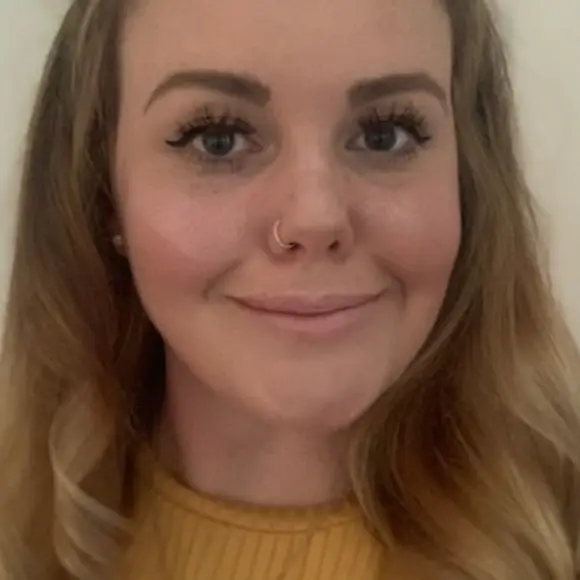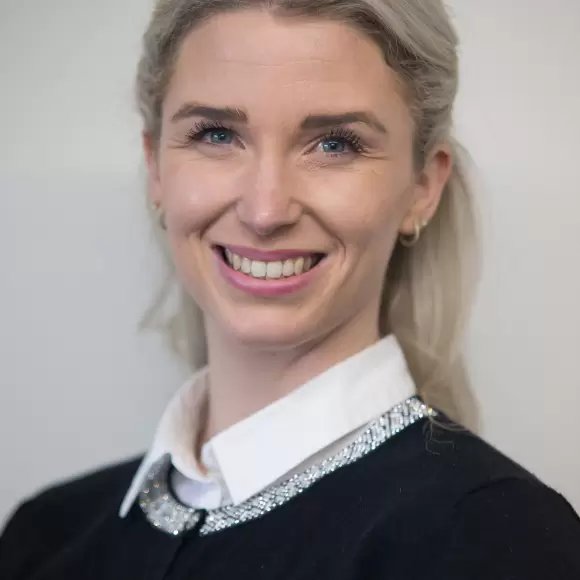Meet the Team
Together we make up the Foundation Team, each bringing different skills and taking on different roles to help support Occupational Therapists and their teams to apply the theory and maximise the use of the model to benefit you as a practitioner, your clients and the services you work for. We are a relatively small team of volunteers, with a big agenda, each of us working in different settings, managing commitments and trying to prioritise work that will have the biggest impact for our profession.
It is important to acknowledge that we couldn’t do this work if it wasn’t for the support of our members, and the network of other OTs out there who love this model and are contributing to its growth through either teaching the theory, embedding the model in their services, using data to evaluate its impact, conducting research and writing papers. In recognition of some of those OTs we have invited them to become ‘Friends of the Foundation’ and together in partnership we support each other to build this community.
If you would like to join our community then please sign up for either a free subscription or a paid membership and watch this space for any up and coming events.
Hi, I’m Tori Wolfendale and I have worked in forensic mental health since qualifying in 2013. I am currently the Head of Allied Health Professions for the Secure Division at Mersey Care NHS Foundation Trust, I offer support and leadership to our team in implementing the VdTMoCA as our primary model of practice across all areas of our high security services, which is something I’m very proud of. I am passionate about the model and especially interested in supporting people with research initiatives, and that’s why I’m the Foundations ‘Research Representative’. In my role I maintain our research database so you can access all of the up to date literature which supports the VdT Model of Creative Ability, I’m keen to support people in their research journeys, and happy to work with other Lead OTs to support using the model in practice. Follow me on Twitter @tori_doll_
Dr Roshni Khatri
Representative
Dr Roshni Khatri is the Associate Dean for Student Experience and Quality at the University of Northampton. Her research interests include the use of technology to enhance curricula using active blended learning. Her clinical research interests include the evaluation of neurological rehabilitation techniques for adults and children to improve functional independence and quality of life and the use of the Vona Du Toit Model of Creative Ability in various practice settings. Roshni is a reviewer for the British Journal of Occupational Therapy and the Journal of Assessment and Evaluation in Higher Education. Before working in Higher Education, Roshni worked in a range of acute hospitals delivering neurological rehabilitation in a range of settings.
Hi, I am Elizabeth Jackson. I am a zealous advocate for meaningful occupation as the cornerstone of what OT brings to the clinical world. I have used the VdTMoCA since my undergraduate training at the University of the Witwatersrand, South Africa and have experienced the depth and insight it provides to the OT in the intervention process. The VdTMoCA has enabled me to approach individual and group intervention in a way that maximises my time and their engagement to achieve the outcome of meaningful occupation and maximising autonomy. I have worked in psychiatric, neuropsychiatric, and neurological rehabilitation settings and have found the model to be effective across all these fields of practice. I am passionate about developing clinicians and systems of practice and believe that the VdTMoCA has a place in both of those spheres.

